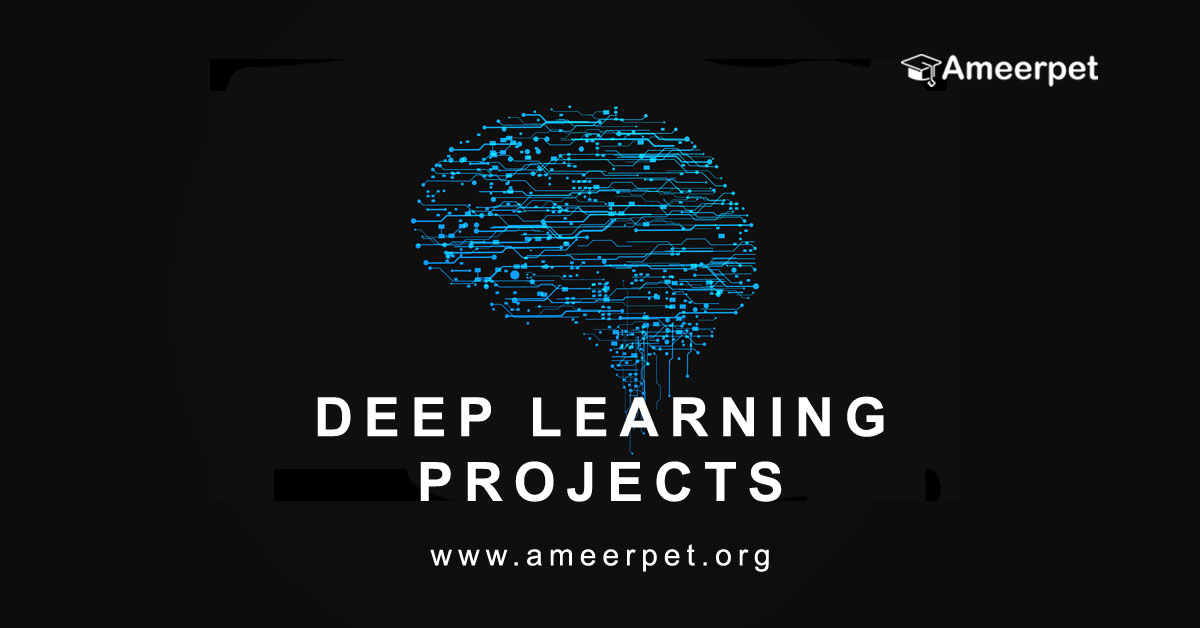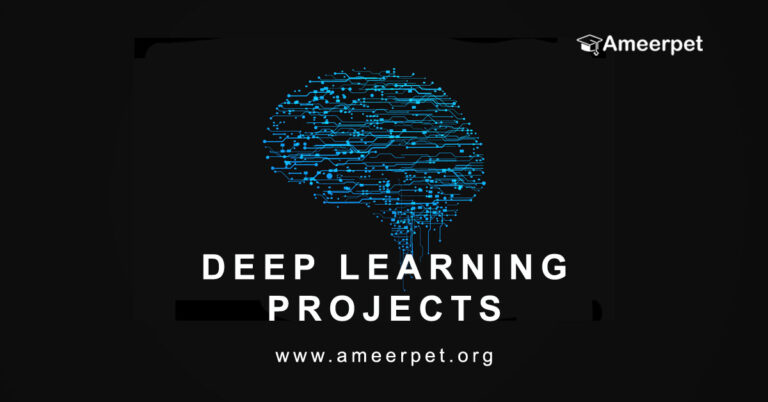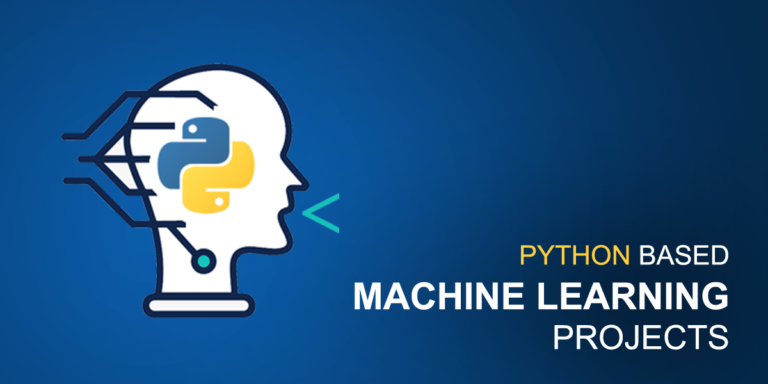
Abstract:
Federated learning allows deep learning model training without sharing patient data. Federated learning models may perform poorly due to heterogeneous data across institutions. We propose SplitAVG, a heterogeneity-aware federated learning method, to overcome performance drops from data heterogeneity. Our SplitAVG uses network split and feature map concatenation to train the federated model to estimate the target data distribution without complex heuristic training or hyper parameter tuning. SplitAVG is compared to seven state-of-the-art federated learning methods on synthetic and real-world federated datasets using centrally hosted training data as the baseline. With increasing data heterogeneity, all comparison federated learning methods performed worse. On highly heterogeneous data partitions, SplitAVG method achieves 96.2% accuracy and 110.4% mean absolute error in a diabetic retinopathy binary classification dataset and a bone age prediction dataset, respectively. SplitAVG overcomes performance drops from data distribution variability across institutions. SplitAVG can also be applied to different base convolutional neural networks (CNNs) and medical imaging tasks, according to experiments.
Note: Please discuss with our team before submitting this abstract to the college. This Abstract or Synopsis varies based on student project requirements.
Did you like this final year project?
To download this project Code with thesis report and project training... Click Here


